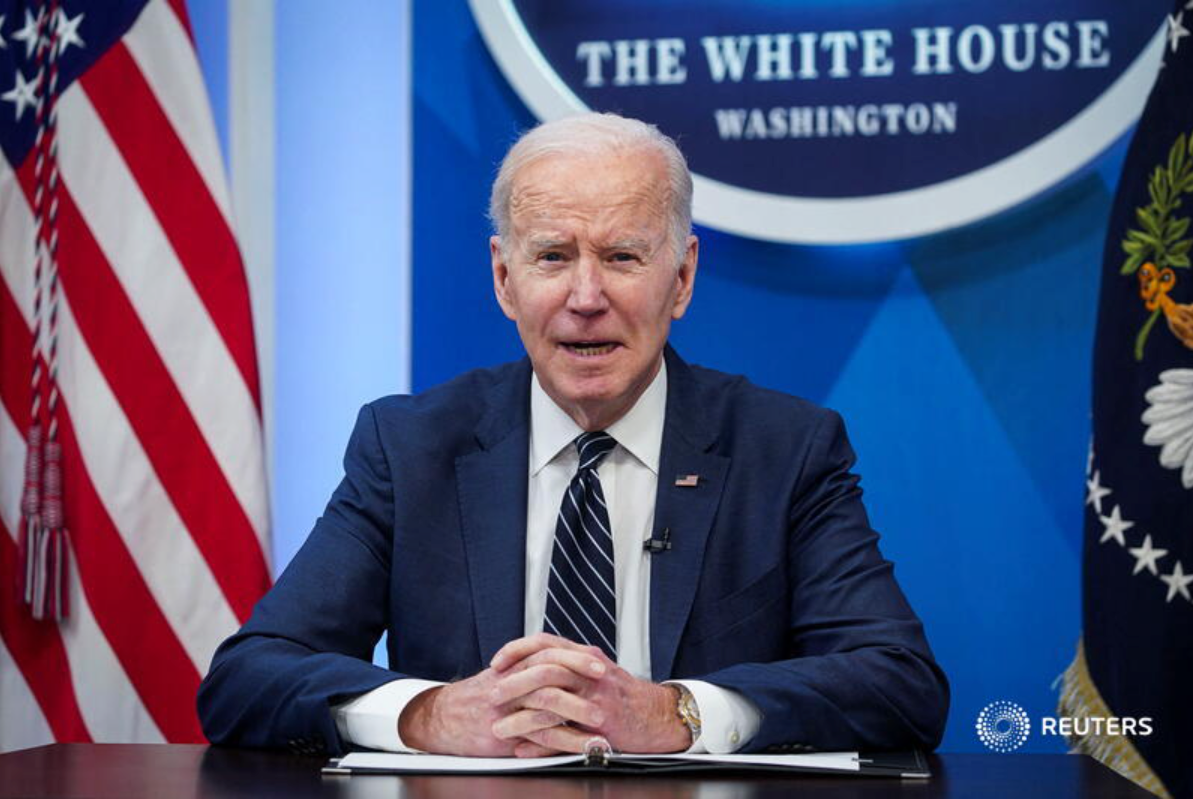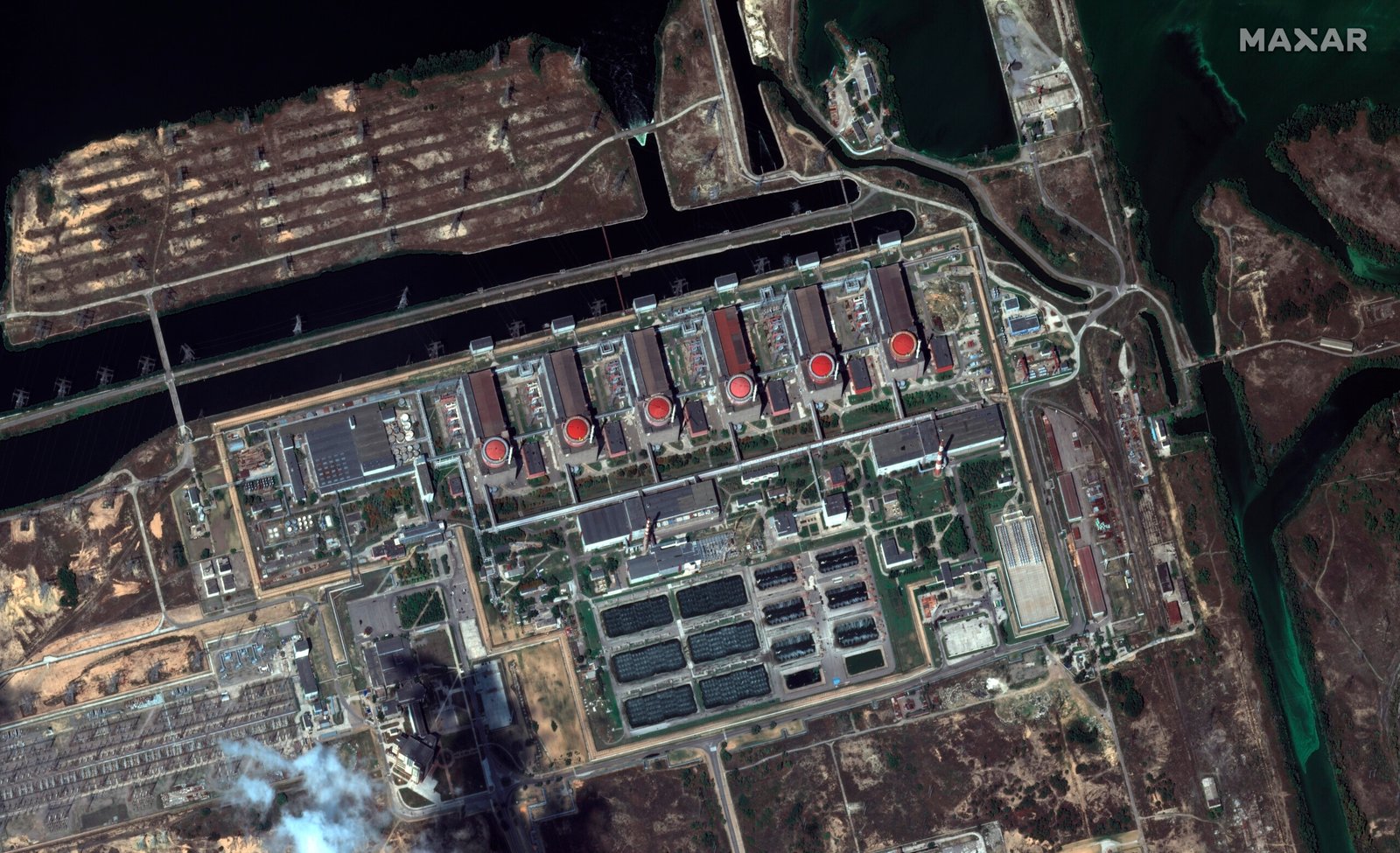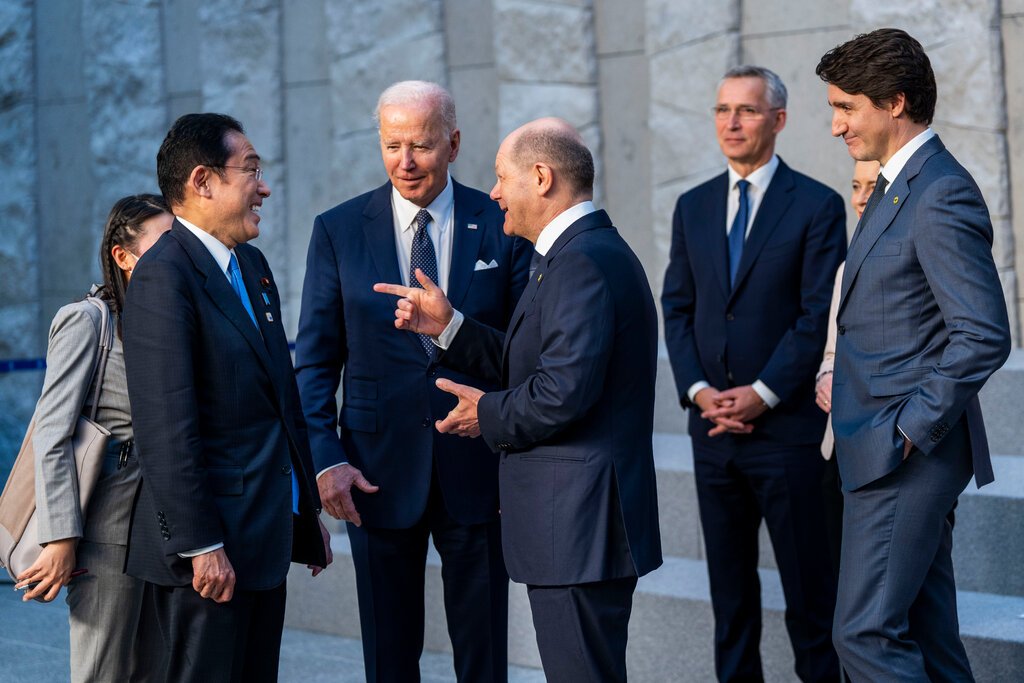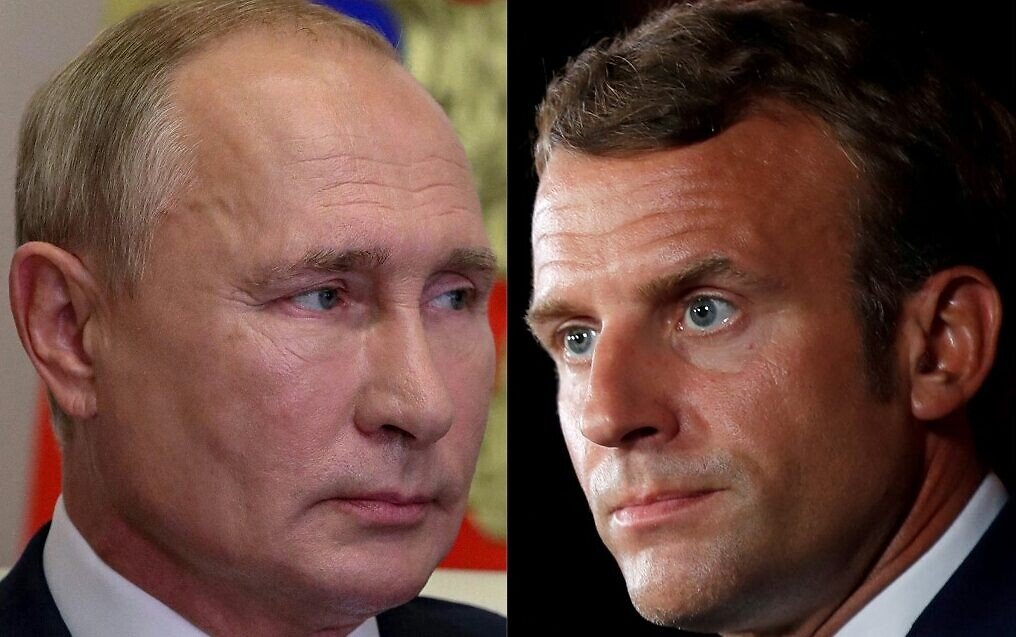The United States plans to accept up to 100,000 Ukrainians fleeing the Russian invasion, two sources familiar with the forthcoming announcement told Reuters.
The expected announcement comes as US President Joe Biden meets with European leaders on Thursday to coordinate Western nations’ response to Moscow’s assault on its neighboring country.
It was not immediately clear how the effort would work, including travel and immigration logistics.
European Aliyah process severely delayed due to Foreign Ministry strikes
Not all of the accepted Ukrainians will come through the US refugee program, one Biden administration official said, with others coming on family-based visas or another process known as humanitarian parole.
Ukraine deserves to be full member of EU – Zelensky
Ukraine is fighting for the security of the whole of Europe and should be a full member of the European Union, President Volodymyr Zelensky told Swedish lawmakers on Thursday via video link.
“We are not fighting just for the people of Ukraine, but for Europe’s security and we have shown that we deserve to be a fully-fledged member of the EU,” Zelensky said in an address to Sweden’s parliament.
“It’s time to go ahead with that decision and I am convinced you are going to support us even in that.”
Millions of Ukrainians have fled the country in the month since Russia launched its invasion, which Moscow calls a “special military operation” to “denazify” its neighbor.
Western allies have imposed sweeping sanctions against Russia and provided weapons and aid worth billions of dollars for Ukraine’s defense.
NATO, the G7 and the EU will all hold summits on Thursday with further measures directed against Russia expected to be agreed upon.
Zelensky, who will address NATO and EU leaders by video-conference, called for more sanctions and asked for Swedish help to rebuild Ukraine when the war is over.
“I want Swedish companies, Swedish architects, the Swedish state and the Swedish people to take part in that,” he said through a translator.
“We will rebuild for the sake of the people … for the sake of Europe.”
Zelenskiy appealed to NATO leaders on Thursday to increase military support for his country against Russian forces that he warned would next target alliance members in eastern Europe including Poland.
Russia “wants to go further. Against eastern members of NATO. The Baltic states. Poland for sure,” Zelenskiy said in a pre-recorded video address to a NATO summit which was released in advance by the Ukrainian presidency.
“But NATO has yet to show what the alliance can do to save people,” he said.
NATO Secretary-General Jens Stoltenberg is set to extend his term as head of the alliance by another year due to the war in Ukraine, Norwegian broadcaster TV2 and daily Dagens Naeringsliv reported on Thursday, citing unnamed sources.
Stoltenberg’s current term expires on October 1 and he had been due to take up a post as central bank governor of his native Norway by the end of 2022.
When asked on Wednesday whether he would stay on at NATO, Stoltenberg said any such decision was up to member countries to make.
Russia’s invasion of Ukraine, which Moscow calls a “special operation,” has triggered Europe’s largest refugee crisis since World War Two and led Western nations to fundamentally rethink their defense policies.
Stoltenberg, an economist by training and former leader of Norway’s Labour Party, was Norwegian prime minister from 2000-01 and 2005-13 before becoming NATO chief the following year. He has also been finance minister and energy minister.
The Norwegian government last month named deputy central bank chief Ida Wolden Bache governor of Norges Bank for up to nine months, with Stoltenberg slated to take the top job by year-end.
The central bank governor is in charge of setting interest rates and managing financial stability as well as overseeing Norway’s sovereign wealth fund, the world’s largest with assets of $1.4 trillion.
Bulgaria
Bulgaria will recall its ambassador to Russia for consultations in response to “undiplomatic, sharp and rude” comments from the Russian ambassador to Bulgaria, Prime Minister Kiril Petkov said on Thursday.
“We will call back our ambassador from Russia for consultations back to Bulgaria … Usually when one country calls back its ambassador for consultations, the other should follow and do the same,” Petkov said.
Earlier this week in an interview to a Russian TV channel, Russian ambassador Eleonora Mitrofanova said that the Bulgarian people did not support the government’s rhetoric and position towards what Russia refers to “special operation” in Ukraine.








